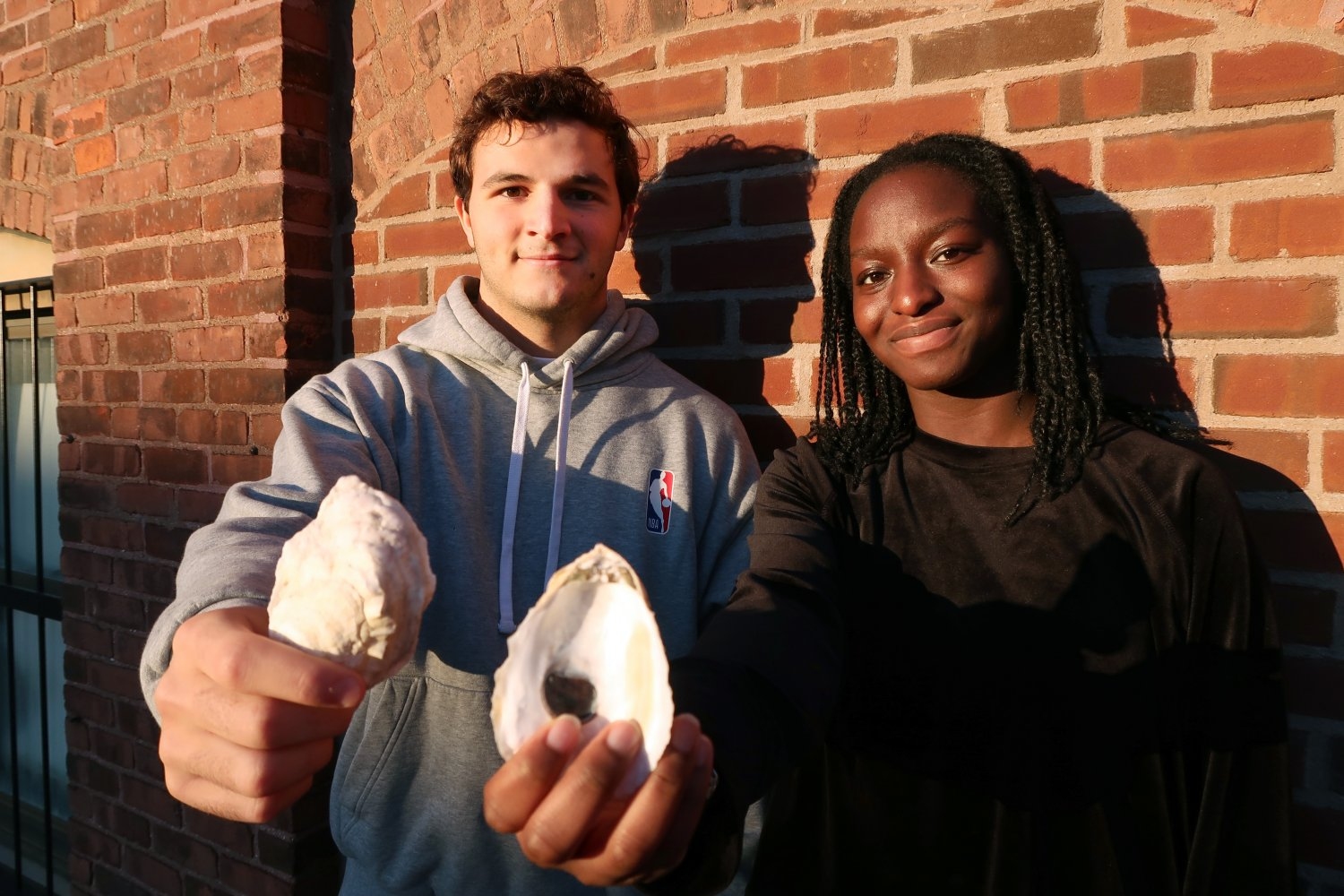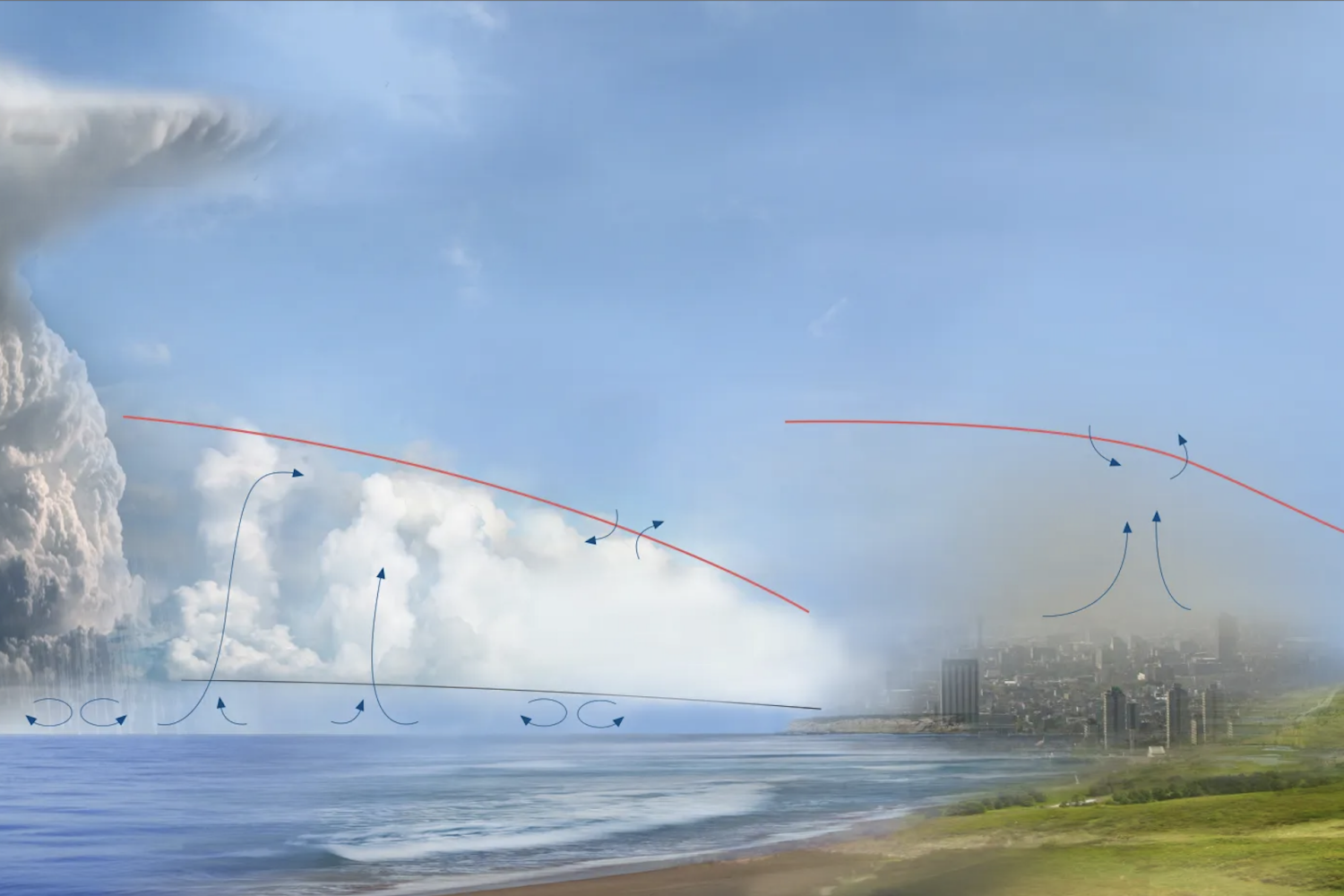Addex Therapeutics Ltd (NASDAQ:ADXN) Q4 2023 Earnings Conference Call
April 18, 2024 10:00 AM ET
Company Participants:
- Tim Dyer – Chief Executive Officer
- Mikhail Kalinichev – Head, Translational Science
Conference Call Participants:
- Joanne Lee – Maxim Group
- Raghuram Selvaraju – H.C. Wainwright & Co.
- Michael Okunewitch – Maxim Group
Operator:
Good day and thank you for standing by. Welcome to the Addex Therapeutics Full Year 2023 Financial Results and Corporate Update Conference Call. At this time, all participants are in listen-only mode. After the speaker’s presentation, there will be the question-and-answer session. [Operator Instructions] Please be advised that today’s conference has been recorded. I would now like to hand the conference over to our speaker today, Tim Dyer. Please go ahead.
Tim Dyer:
Hello, everyone. I’d like to thank you all for attending our 2023 financial results conference call. I’m here with Mikhail Kalinichev, our Head of Translational Science, who will provide an update on our R&D program. I draw your attention to the press release and the financial statements issued earlier today, which are available on our website. I also draw your attention to our disclaimer. We will be making certain forward-looking statements that are based on the knowledge we have today. I will start this conference call by giving a quick overview of the 2023 activities and recent achievements before reviewing our pipeline. I will then hand over to Mikhail, who will review in more detail some of the clinical and preclinical programs. I will then speak about the recent launch of Neurosterix before reviewing our 2023 full year financial results. Following that, we will open the call for Q&A. So to start with the highlights, our partner Janssen has completed the Phase 2 epilepsy clinical study and we are now expecting to report data from the study by mid-May this year. I’d like to remind you that an Independent Interim Review Committee established by Janssen to review the unbiased data from Part 1 of Cohort 1 made its recommendation to continue the study. This recommendation and the decision of Janssen to continue the study is very encouraging and suggests ADX71149 is safe and well tolerated and may be having a positive impact on this patient population. We continue to believe there is value in Dipraglurant and have substantially completed our evaluations of future development for dyskinesia and Parkinson’s disease we have worked with experts on a new trial design, which we believe will overcome the recruitment challenges we encountered in the past. However, our preferred strategy for this indication is to secure a partner prior to restarting development. We’ve also identified post-stroke recovery as an interesting area for future development of Dipraglurant and are currently profiling Dipraglurant in preclinical models of post-stroke recovery. Furthermore, preclinical data was recently published in the Journal Brain, which strongly supports the rationale for inhibition of mGlu5 receptor as a treatment for post-stroke recovery. We are pursuing discussions with potential funding sources including industry partners for this interesting potential future development path for Dipraglurant. In 2023 we announced the extension of our GABAB PAM Indivior collaboration through until June 2024 with CHF2.7 million of additional research funding. With this additional R&D funding we have made excellent progress and advanced multiple drug candidates through clinical candidate selection phase. As a reminder, Indivior’s primary interest is in substance use disorder and under the agreement we have retained the right to select drug candidates for development in certain exclusive reserved indications. We are focusing our independent program on cough. During 2023 we demonstrated robust efficacy with multiple drug candidates in preclinical models of substance use disorder and cough and are therefore well on track to delivering drug candidates for Indivior and for our own independent cough program. We expect Indivior and ourselves to select compounds to advance into R&D enabling studies in the second half of 2024. We led a consortium that was awarded a €4 million grant from the Eurostar grant program to advance our mGluR2 negative allosteric modulator program through to delivery of clinical candidates. This is a program for mild neurocognitive disorders that is currently in lead optimization. Last but by no means least, we very recently announced the launch of Neurosterix with a Series A financing round of $63 million led by Perceptive Advisors. This is an innovative financing transaction that provides us with the resources needed to advance our preclinical portfolio without diluting our shareholders’ interest in our clinical stage asset and partner program. I will speak more about this innovative financing transaction later in the presentation. Now for a quick review of our pipeline. As mentioned, we are excited to see the Phase 2 data from our epilepsy program which is being executed by Janssen. We continue to believe in Dipraglurant and are executing our plans to recommence development in both dyskinesia-associated Parkinson’s disease, as well as preparing Dipraglurant for a Phase 2 proof-of-concept study in post-stroke recovery. Our GABAB PAM collaboration is coming to the end of the discovery phase with candidates on track to start IND enabling studies later this year. Indivior is executing the substance use disorder program and we are preparing for candidates for development in cough. Now I will hand over to Mikhail who will give you more details about our exciting portfolio.
Mikhail Kalinichev:
Thanks Tim. Hello everyone. I will start by speaking about our Phase 2 epilepsy study with ADX71149, which has been completed recently by Janssen. Epilepsy is a large multi-billion-dollar market opportunity where despite several available treatment options, many patients are still in need of improved therapies to their — to treat their seizures. As a reminder, ADX71149 is a metabotropic glutamate receptor subtype 2 or mGluR2 positive allosteric modulator discovered in partnership with Janssen using Addex’s proprietary allosteric modulation platform. ADX71149 has demonstrated both standalone efficacy and a strong synergistic effect in combination with inhibitors of SV2A such as Keppra and Briviact. ADX71149 has also been thoroughly profiled in preclinical and clinical studies by Janssen demonstrating its good safety and tolerability profile in healthy volunteers and patients. Janssen responsible for development have just completed both the Phase 2 study and an open label extension study in epilepsy patients. Results are expected by mid-May this year. We have significant economics in our deal with Janssen with pre-launch milestones of €109 million, low double-digit royalties on net sales and Janssen is responsible for all development costs. To illustrate the synergistic effect, same with the combination of ADX71149 and levetiracetam, the active molecule in Keppra, here are the data obtained in the 6 hertz psychomotor seizure model widely recognized as having high translational value to characterize the efficacy of anti-epileptic drugs. As a reminder, ADX71149 given alone in this model produces a robust protection against 6 hertz induced seizures with an ED50 of approximately 20 mgs per kg. In combination studies with varying doses of levetiracetam, a fixed dose of ADX71149 increased the potency of levetiracetam leading to approximately 35-fold shift in its ED50 values. Conversely, using a fixed dose of levetiracetam with varying doses of ADX71149, it increased the potency of ADX71149 leading to approximately 14-fold shift in its ED50, suggesting a positive pharmacodynamic relationship or strong synergistic effect for the two molecules when given in combination. This extraordinary effect of a combination of an mGlu2-PAM with an SV2A antagonist has been patented, offering a strong protection for this program until 2035 without additional extension. This is the Phase 2 study design. The study is a double-blind placebo-controlled proof-of-concept study enrolling patients with focal onset seizures who have suboptimal response to treatment with levetiracetam, Keppra or brivaracetam, Briviact. In this Phase 2 study design, patients establish a 28-day seizure count over a 56-day baseline period prior to being randomized to receive either ADX71149 or matching placebo, the primary endpoint in this time taken to return to their monthly baseline seizure count. The study has two parts, Part 1 being the four-week acute efficacy phase and Part 2 being an eight-week maintenance phase of efficacy phase. Part 2 includes patients who did not reach their baseline seizure count during Part 1 of the study and continue on their randomized drug or placebo. An open-label extension study was ongoing in parallel, offering all patients the opportunity to get treated with ADX71149 in combination with levetiracetam or brivaracetam. As previously announced last year, an Independent Interim Review Committee convened by…






















